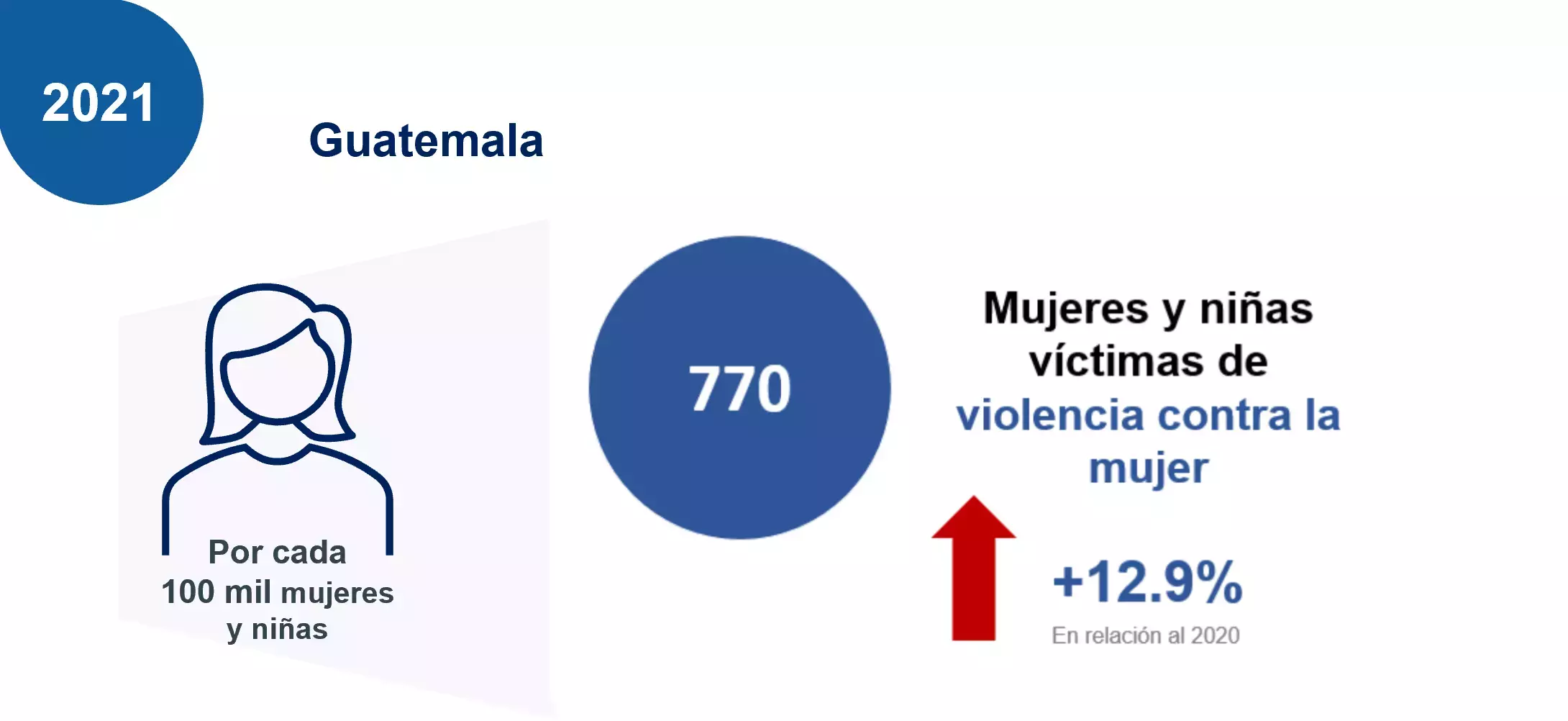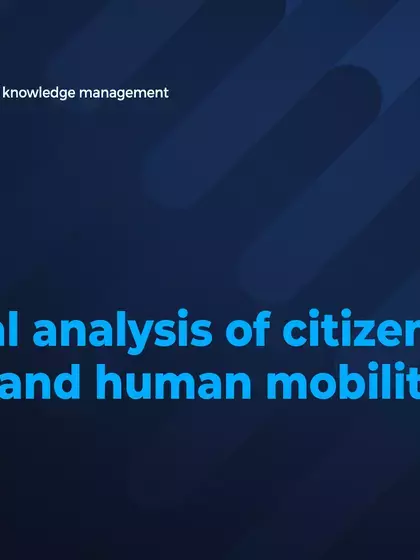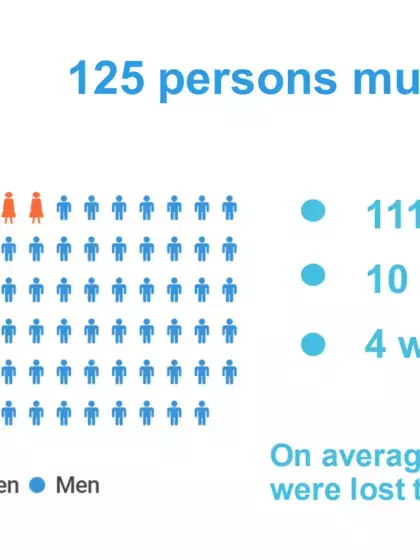DATACTION 2: Citizen security analysis in Honduras and Guatemala

For the first time in many years, the homicide rate per 100,000 population in Central America is below the average for the rest of the Latin American region. There has been a downward trend in homicidal violence since 2015, with a slight uptick noted in 2021; meanwhile, different forms of violence against women continue on the rise.
International experience has shown that evidence contributes to the creation and implementation of public policies for citizen security with a gender perspective. UNDP, through the InfoSegura Regional Project, implemented in collaboration with the United States Agency for International Development (USAID), reinforces its commitment to share evidence-based knowledge and analysis with the DATACTION digital community of practice, whose season five, episode two ran on May 26, 2022.
In episode two, Richard Barathe, Resident Representative of UNDP Honduras, stressed that "it is important to strengthen effective governance through evidence, as it underpins the implementation of all public policies. The UNDP InfoSegura programme has been creating a portfolio of services, tools and innovative solutions that can be adapted to the specifics and needs of each country."
Julissa Villanueva, Deputy Minister of the Subsecretariat for Security and Police Affairs of the Honduran Secretariat for Security, in her presentation on Multidimensional Characterization of Citizen Security 2021, stated that, "citizen security in Honduras has been, to some extent, minimized by the pandemic, corruption and unemployment. In 2021, Honduras exhibited a rise in complaints related to citizen security. The most reported aspects were concerns about homicides, traffic accidents, violent deaths, suicides, sexual crimes and domestic violence."
For his part, Eduardo Diaz, coordinator of UNDP InfoSegura in Guatemala, presented an Analysis of citizen security in Guatemala 2021 - 2022. The data shows that the homicide rate in Guatemala has more than halved over the last 11 years, closing 2021 with a rate of 16.6 homicides per 100,000 population.
However, Diaz noted it experienced a 9% increase in 2021 as compared to 2020. "We estimate that some eight people a day – seven of them men – have become victims of homicide. Another fact to take into account is that victims of homicide were young people, with 5 in 10 men and 4 in 5 women ages 19 to 29. This homicide victim figure has repeated in recent years," mentioned Eduardo Diaz.
With episode two of the DATACTION digital community of practice, the InfoSegura Regional Project reinforces its commitment to continue promoting improvement in information management to contribute to more effective,gender-responsive policymaking in matters of citizen security.
Watch the full episode on our YouTube channel. Youtube.





